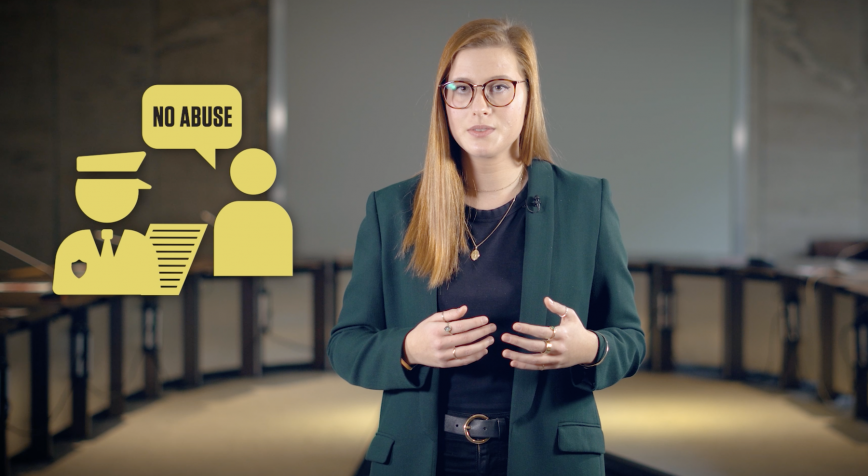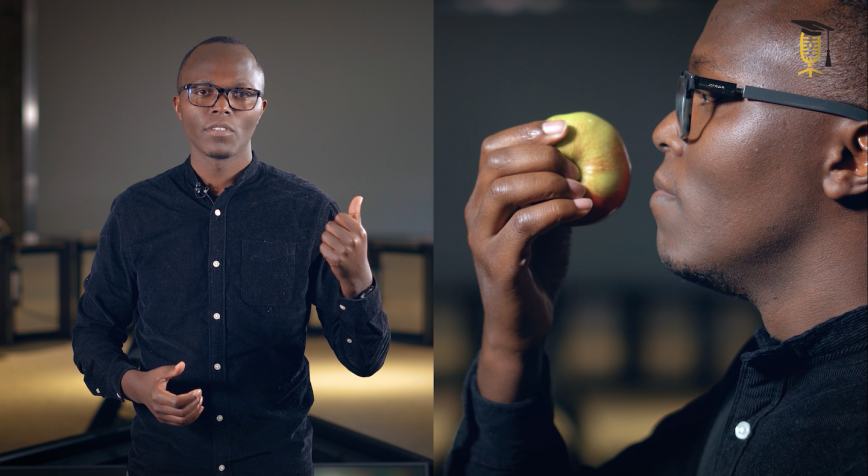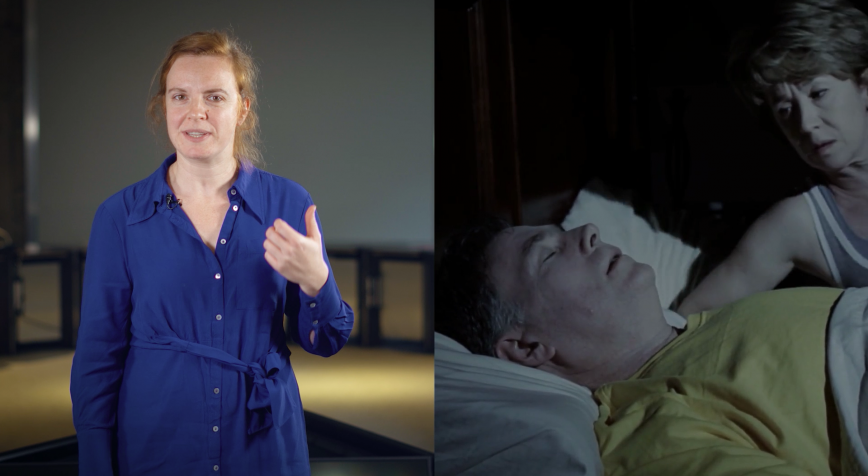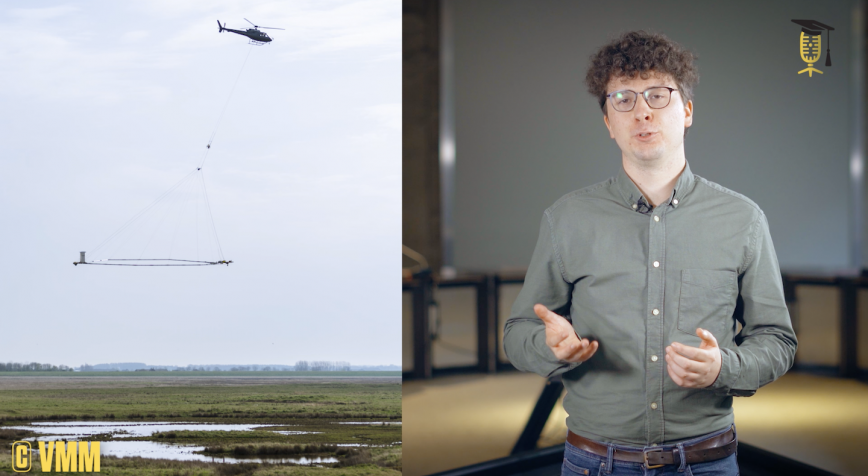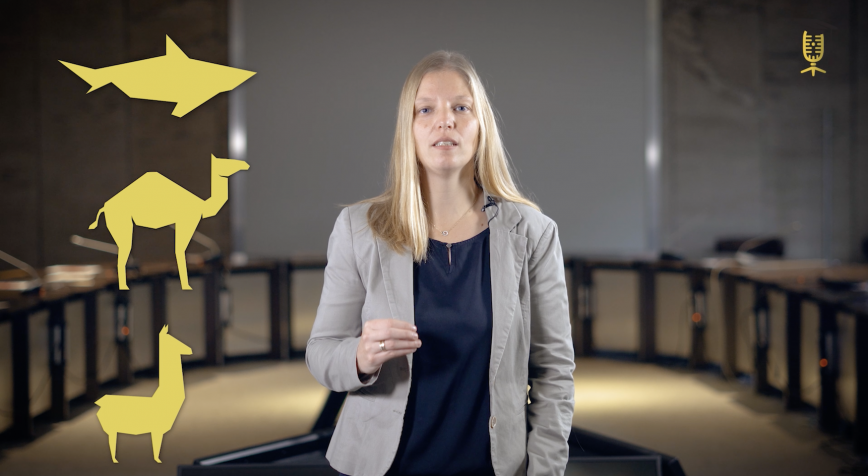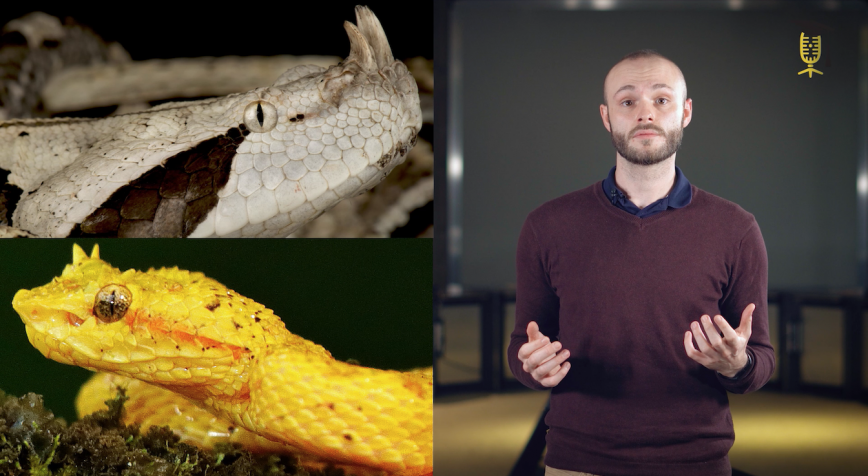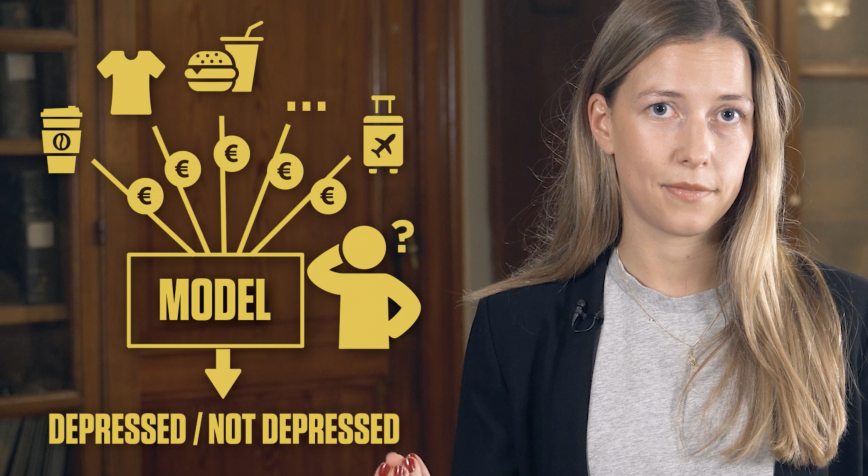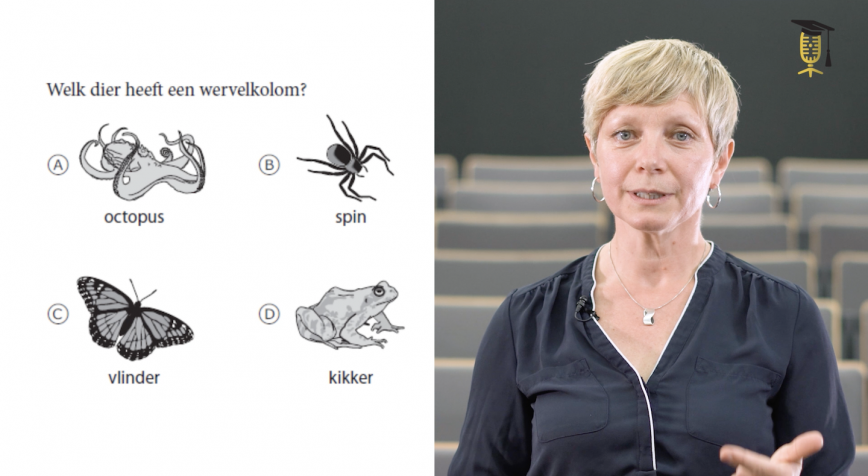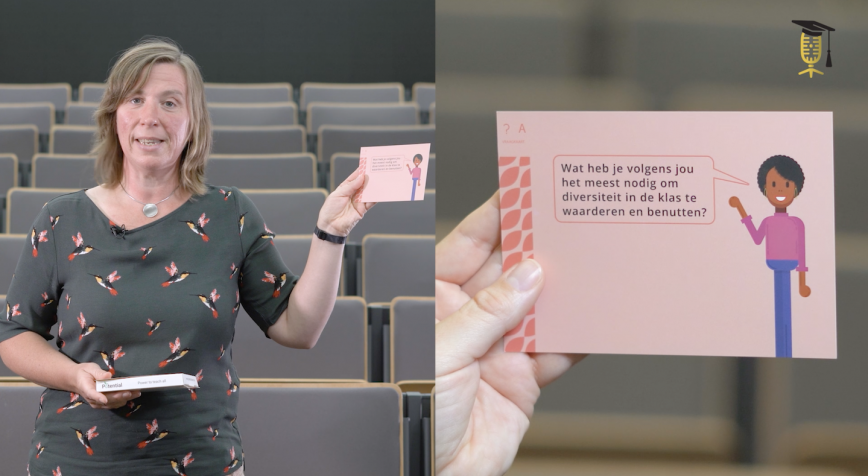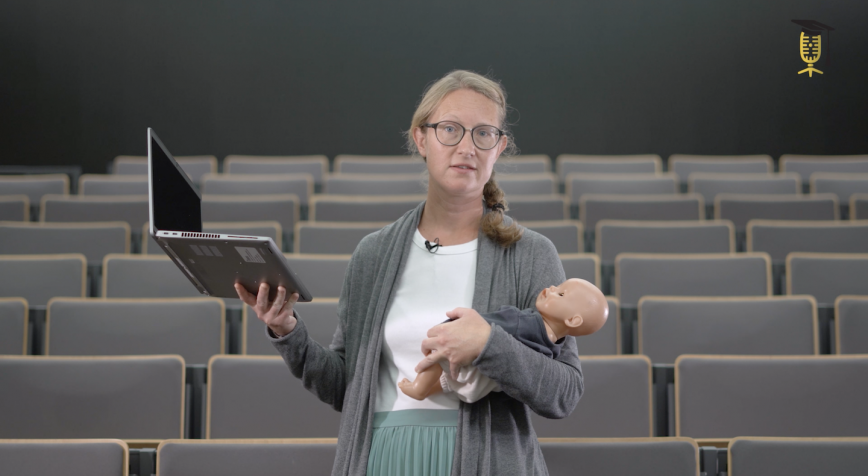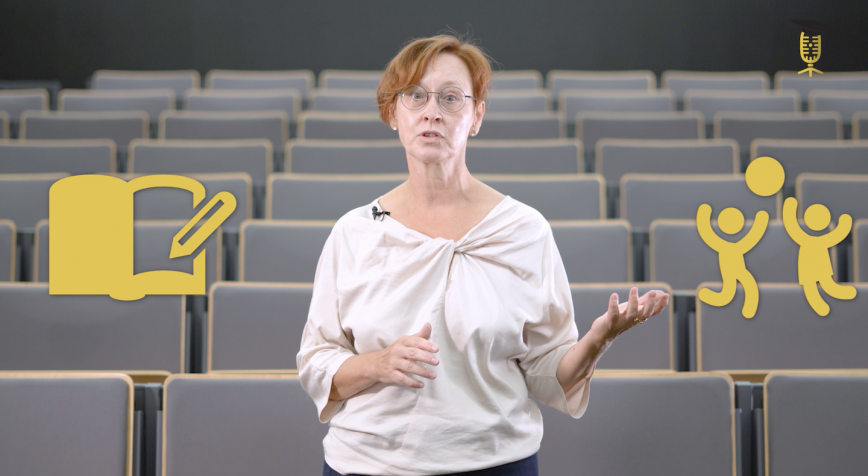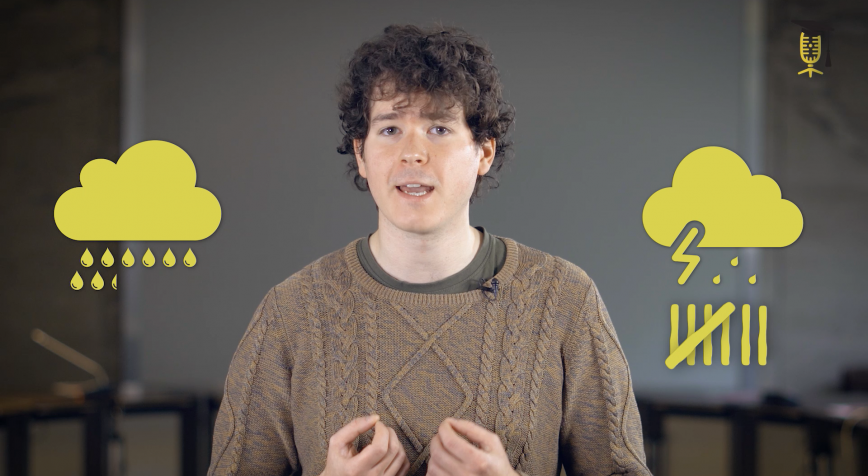
FWO
UGent
How accurate are our climate models?
Last summer, Wallonia experienced massive rainfall, resulting in deadly floods. Did you know that we only expect such weather once every 400 years at the most? We can calculate this because we have been measuring precipitation in our country for more than 120 years. But with 120 years of data, how (well) can you predict 400 years from now? Jorn Van de Velde will tell in this video.
